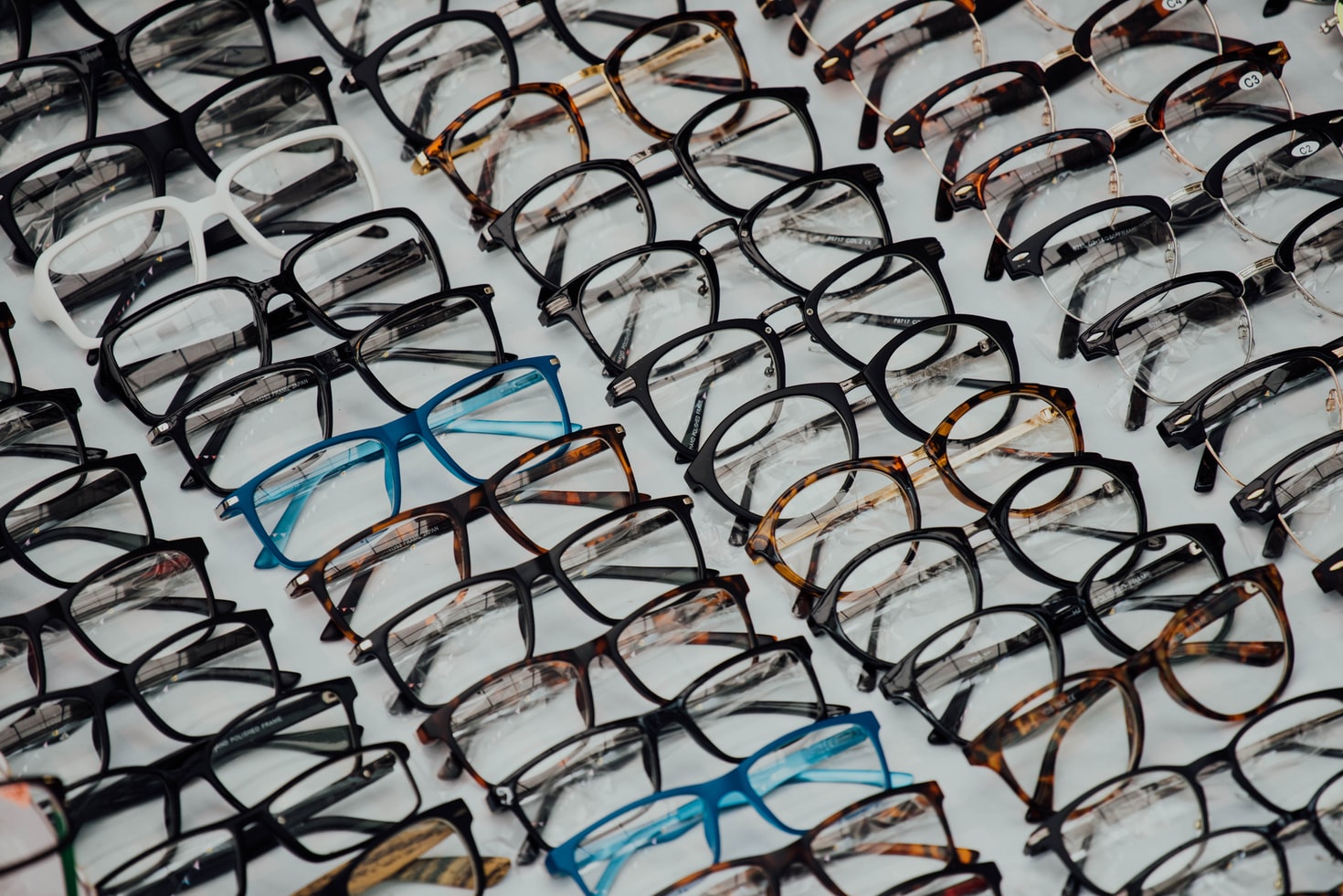Never been to the eye doctor before?? No worries- you aren’t the only one. Visits to the optometrist were once rare and considered unnecessary barring some sort of severe vision problem (like not being able to read a chalk board in the 3rd grade). The idea of eye health care and monitoring annually for eye disease processes such as glaucoma, macular degeneration and diabetes (yes … the eyes are often the first place where diabetes is detected) through routine eye exams at the optometrist was unheard of. Things are different today. Many people carry vision insurance or simply pay out of pocket once per year (like I do at the dentist!) for an eye health and vision check. Major medical insurances will cover the exam if there is a medical issue such as infection, injury or diabetes. Long story short- people now have more access and incentive to receive annual eye exams and I see many people who are visiting the optometrist for the first time in their lives. On a regular basis someone gets the first eye exam of their life right here in Fayetteville, AR. So what should you expect when you visit the eye doctor for the first time??
The first part of the exam will be similar to any doctor’s visit you have ever had. Seemingly redundant paperwork (we try to keep it to a minimum! Currently at one page J) and then a series of questions regarding your health history. After that your vision will be checked on the chart and the nurse working the exam will let me know that you are ready to be seen. I will briefly ask a few questions and we will begin the refraction. This is the part of the exam where I test your vision and write a glasses or contact lens prescription if necessary. After we have addressed all of your visual needs we will move on to the eye health portion of the exam. I will check the pressure within your eye to monitor for glaucoma, I will assess the tissue on and around the front of your eye with a microscope, and I will check for any neurological issues as well via pupil assessment and visual field evaluation. After that- with your consent- I will instill dilation drops. This makes your iris dilate for a brief period (usually one to two hours, but it may vary from individual to individual). You will notice during this time that you are sensitive to lights and that you can’t see up close as well as you usually can. This is normal and will abate in the time frame mentioned above. I think it’s kind of relaxing to not be able to check your texts or emails for an hour!!! While dilated, I will use a condensing lens and bright light to assess the health of your retina. I will look at the optic nerve, macula, blood vessels, and retinal tissue to screen for several disease processes. After this- assuming no disease processes or concerning signs found- you are finished and can move on to glasses selection! That’s it!! We don’t even keep needles around J
Please use the above as a loose guideline for your eye exam. Personal and family history can alter the course of the exam (ie everyone in your family has glaucoma or you have had a recent eye injury). The above is a summation of an unremarkable, routine visit to the optometrist. Your first eye exam should take roughly 45 min and annual following visits should take 30 min or less. This is enough doctor face time to insure you are getting the annual eye care you need during your eye exam.
So … relax since you now have an idea as to what goes on at the optometrist! There is a first time for everything, so please don’t be leery if you have never had an eye exam. There is no better time to start taking care of your vision than right now!
Cheers!
Dr. Ben


